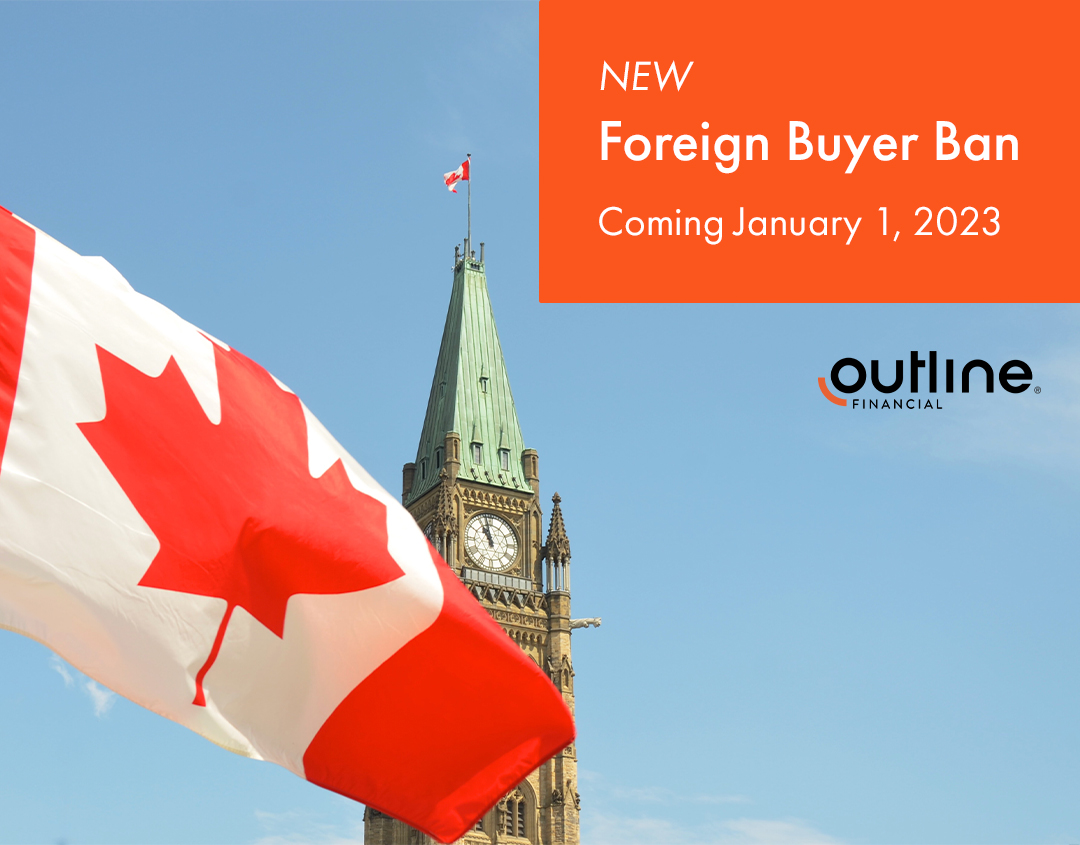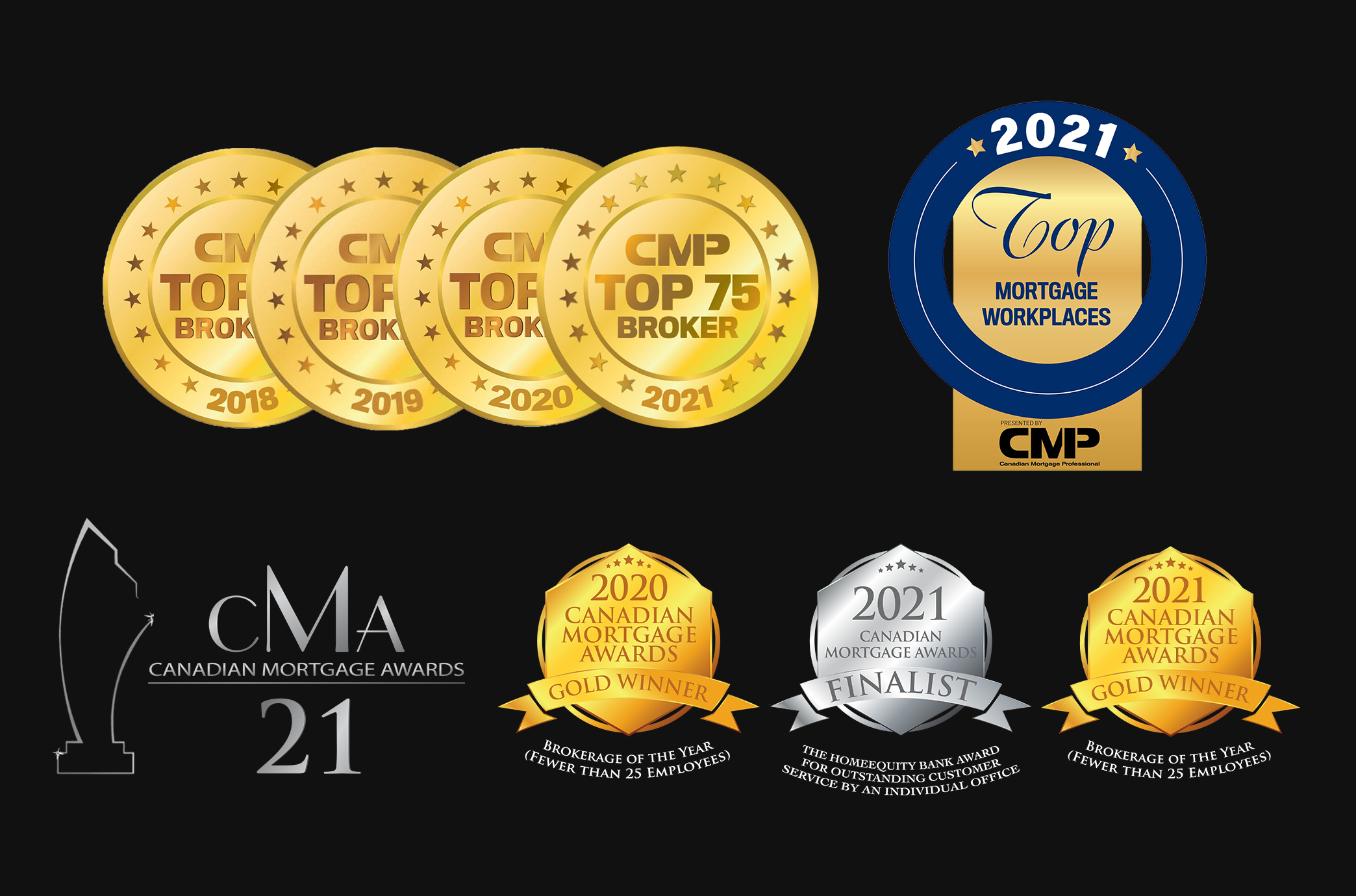Great Mortgages. The Right Insurance. Expert Advice.
Canada’s Foreign Buyer Ban in Effect January 1, 2023
The Prohibition on the Purchase of Residential Property by Non-Canadians Act will be in effect as of January 1, 2023. The Act prohibits non-citizens and non-permanent residents from purchasing residential property in Canada for a two-year period. Today, the government released the accompanying regulatory framework, which outlines how the prohibition will work and groups that are exempt from the ban.
MPC’s position has been that the ban should be temporary and focus on foreign private corporations speculating on the housing market rather than new Canadians looking to build a home in Canada, and should not impose administrative burdens on the small businesses operating in our industry.
This position has been upheld, as the ban does not include administrative requirements for mortgage professionals and does not include permanent residents, refugees and temporary residents in specific circumstances.
Mortgage professionals, along with realtors, lawyers and notaries, owe their clients an obligation to inform. The legislation does not rely on mortgage professionals to enforce the ban, however both the non-Canadian purchaser of prohibited property and any person or entity that knowingly assists in the purchase can be fined up to $10,000 and the property can be forced to be sold.
Non-Canadian Owned Corporations:
The Act restricts non-Canadians from using corporations or other entities to purchase residential property to avoid the ban. Ownership is defined as direct or indirect ownership of shares or ownership interests representing more than 3% of its shares or voting rights.
Exemptions to the Prohibition:
Exemptions to the prohibition outlined in the regulations include:
- permanent residents
- non-Canadians who purchase residential property with their spouse or common-law partner as long as the spouse or common-law partner is eligible to purchase residential property in Canada.
- refugees
- temporary residents who are either:
- enrolled in a program of authorized study at a designated learning institution and:
- the purchase price of the property does not exceed $500,000
- they have filed income tax returns in Canada for five years before the purchase year
- were physically present in Canada for a minimum of 244 days each of the five calendar years before the purchase was made
- they have not purchased more than one residential property
- holding a work permit or are authorized to work in Canada and:
- have worked full-time in Canada for a minimum of three years within the four years before the purchase year
- they have filed all required income tax returns for a minimum of three of the four tax years before the purchase year
- they have not purchased more than one residential property
- enrolled in a program of authorized study at a designated learning institution and:
- foreign nationals who hold a passport that contains a valid diplomatic, consular, official or special representative acceptance issued by the Chief of Protocol for the Department of Foreign Affairs, Trade and Development
- acquisition of an interest or real right resulting from death, divorce, separation or a gift
- the rental of a dwelling unit to a tenant for the purpose of its occupation by the tenant
- the transfer under the terms of a trust that was created prior to the coming into force of the Act
- the transfer resulting from the exercise of a security interest or secured right by a secured creditor.




